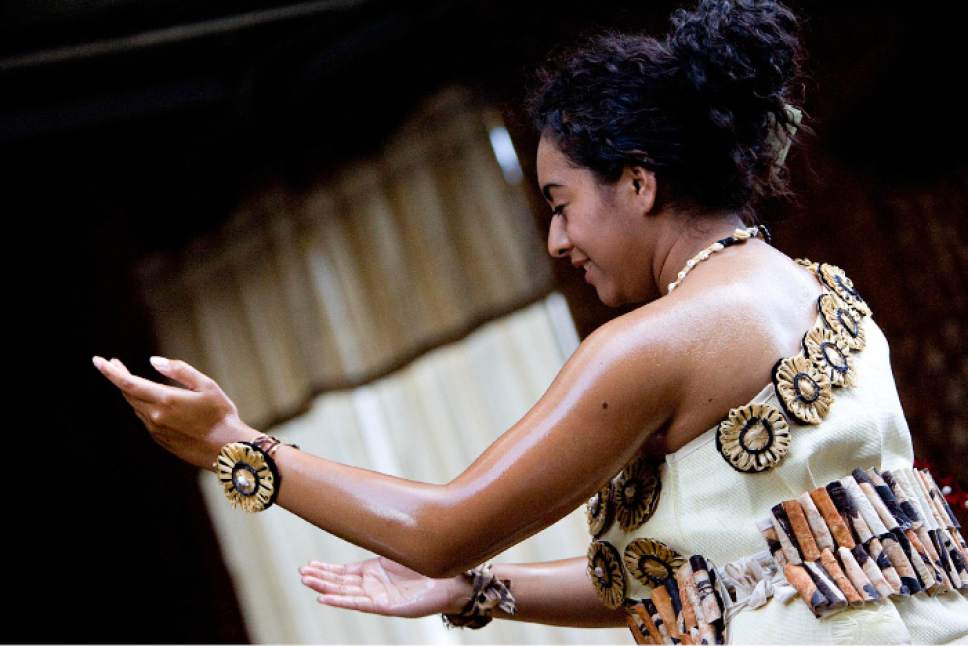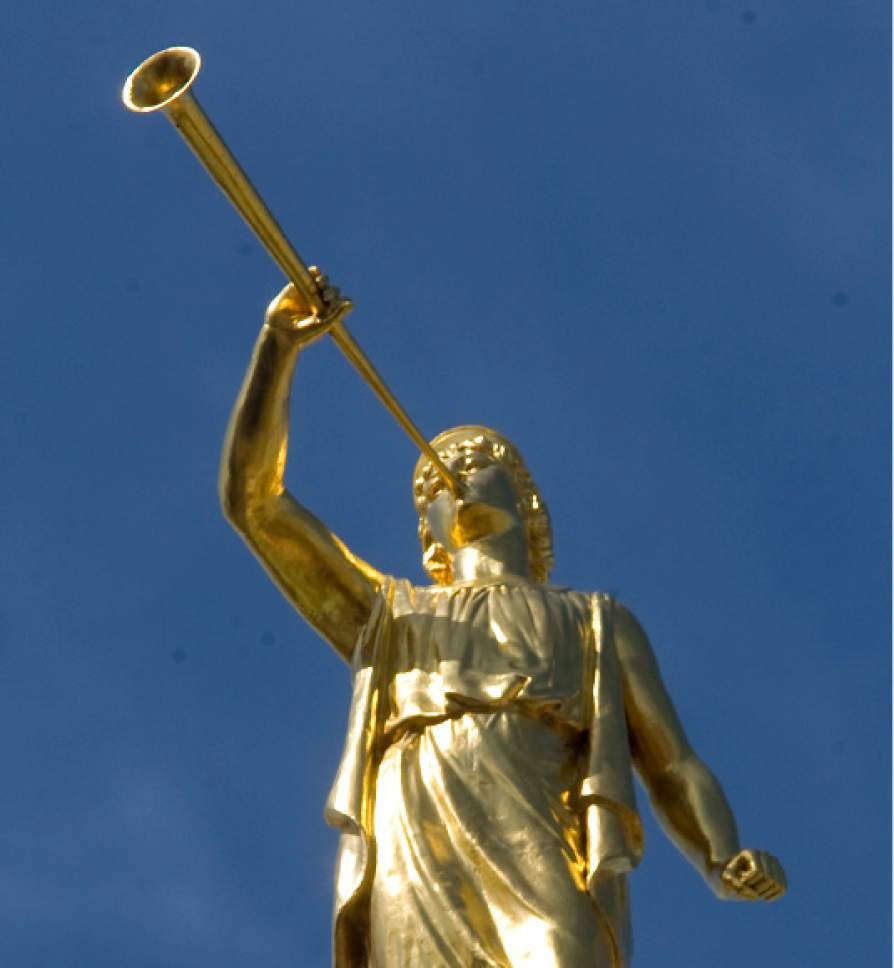This is an archived article that was published on sltrib.com in 2017, and information in the article may be outdated. It is provided only for personal research purposes and may not be reprinted.
There are a lot of Tongans in Utah.
After all, one in every four U.S. Tongans resides in the Beehive State, which features several all-Tongan Mormon stakes, including more than 30 all-Tongan LDS congregations.
But did you know that the multi-island Pacific nation has the highest number of Latter-day Saints per capita — in the world?
Of Tonga's 106,513 inhabitants, 64,156 are members of The Church of Jesus Christ of Latter-day Saints, according to the Salt Lake City-based faith's official statistics.
That constitutes about 60 percent of the populace, independent Mormon demographer Matt Martinich told Radio New Zealand (RNZ). But the number of "active" Latter-day Saints is much lower.
"It's more like about 20 percent because about two-thirds of the members of the church in Tonga don't regularly attend church," the Colorado-based Martinich said, "or they identify with some other religious group even though their names are still on the church records."
The next four countries in the top five for Mormon prevalence are also from Oceania: Samoa, American Samoa, Niue and the Cook Islands. (By contrast, Latter-day Saints make up about 2 percent of the U.S. population.)
Mormon missionaries first arrived in Tonga in the late 19th century and won permission to preach by the king. Converts stayed to build up the church there, erecting schools to educate their members and others. A century later, Mormon servicemen were stationed there during World War II and helped promote the faith.
Then, in the 20th century, some Tongan Mormons began immigrating to Utah to be near fellow believers and to find better educational and economic opportunities.
Utah ranks second among the states for total population of Tongans, behind only California, according to the most recent U.S. census, but ahead of even Hawaiians.
"We like it here," Fahina Tavake-Pasi, executive director of the National Tongan American Society, told The Salt Lake Tribune in 2011.
She remains the group's leader, according to its website, and the headquarters are in — you guessed it — Utah.





